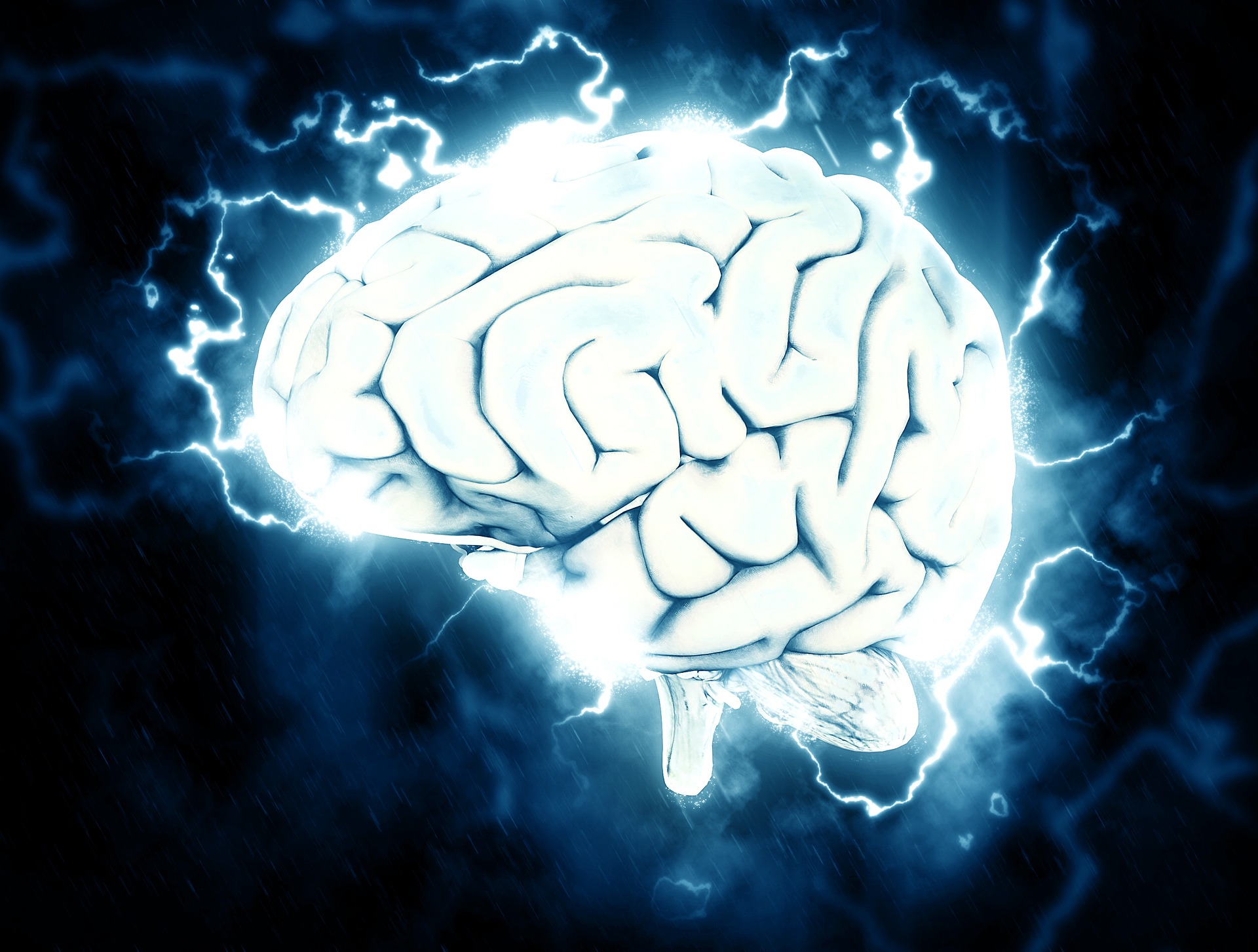Lower back pain is a common problem that affects millions of people worldwide. It can be caused by a variety of factors, including injury, strain, or an underlying medical condition. While most cases of lower back pain are not serious and can be treated with rest and self-care measures, it’s important to know when to seek help to avoid long-term complications. In this article, we’ll explore the mystery of lower back pain and how to know when to seek help.
Common Causes of Lower Back Pain
Lower back pain can be caused by a variety of factors, including:
- Muscle or ligament strain: This is a common cause of lower back pain, often caused by lifting heavy objects or sudden movements that strain the muscles or ligaments in the back.
- Herniated disc: This occurs when the cushioning discs between the vertebrae in the spine slip out of place or rupture, causing pain and discomfort.
- Arthritis: Arthritis can cause inflammation and stiffness in the joints of the spine, leading to lower back pain.
- Osteoporosis: This condition causes the bones to become weak and brittle, making them more prone to fractures and other injuries.
- Other medical conditions: Lower back pain can also be caused by other medical conditions such as kidney stones or infections.
When to Seek Help
While most cases of lower back pain can be treated with rest and self-care measures, it’s important to know when to seek help. You should seek medical attention if you experience any of the following symptoms:
- Severe pain that does not improve with rest or self-care measures
- Pain that spreads to your legs, buttocks, or groin
- Numbness or tingling in your legs or feet
- Weakness in your legs
- Bowel or bladder problems
- Fever or chills
If you experience any of these symptoms, it’s important to seek medical attention immediately to prevent long-term complications.
Preventing Lower Back Pain
While lower back pain can be difficult to prevent, there are some things you can do to reduce your risk. These include:
- Maintaining a healthy weight: Excess weight can put strain on your back, increasing your risk of lower back pain.
- Practicing good posture: Slouching or hunching over can strain your back muscles, leading to lower back pain.
- Strengthening your core muscles: Strengthening your core muscles can help support your spine and reduce your risk of lower back pain.
- Stretching regularly: Stretching can help improve your flexibility and reduce your risk of lower back pain.
Conclusion
In conclusion, lower back pain can be caused by a variety of factors, including injury, strain, or an underlying medical condition. While most cases of lower back pain can be treated with rest and self-care measures, it’s important to know when to seek help to avoid long-term complications. If you experience severe or persistent lower back pain, it’s important to seek medical attention immediately. By taking steps to maintain a healthy weight, practice good posture, strengthen your core muscles, and stretch regularly, you can reduce your risk of developing lower back pain.










